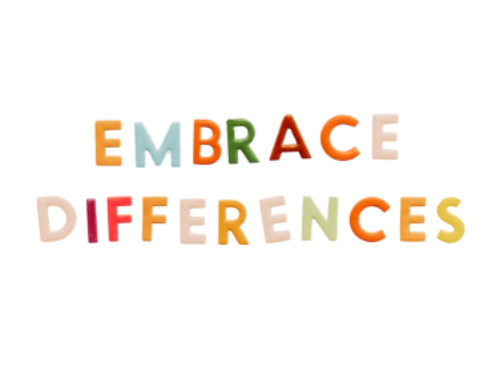There is nothing wrong with leadership in and of itself. It is a critical part of ensuring that organisations have clarity of purpose and direction. The problem is that leadership has become associated with visioning, strategising and creating clarity where there is ambiguity. What has been left behind, by comparison, is the art of being a great boss which has been relegated to the sidelines in terms of importance.
Leadership appeals to one’s ego and creates a subtle connection with those at the very top of the organisation. The status generally associated with being a leader can create a heady cocktail of emotion, ambition and significance where the focus of attention is on the leader, their values, beliefs and behaviour. But what about the followers? In a leader centric organisation the experience of many is that fitting in means accepting the values of the organisation and your leader. Where there is alignment between these, there isn’t a problem but this is rare. The reality is that more often there is a real tension between an employee’s expectation of the leader and the leader’s expectation of themselves. Overlay this with the organisation’s demands of leaders and it is easy to see why the focus in organisations isn’t always on results.
The personality and inner purpose of the leader has become much more important in recent years. A great many training and development programmes have emerged which encourage leaders to understand their real life purpose and to harness this to create a leadership style which is deeply personal and intensely connected with their personal beliefs and aspirations. Whilst this can be a very liberating experience it can also develop leaders who are somewhat disconnected from the purpose of the organisations that pay their salaries and the expectations of the employees that make up their staff teams.
The Art of Being a Great Boss
The plea is not so much “down” with leadership, as this is of course an important dimension of individual effectiveness, but “up” with the art of being a great boss as this is what generates the collective energy that realises (or releases) the potential and talent of the greatest number of people in organisations.
The whole notion of a focus on being a boss – distinct from leadership, restores the balance in a helpful way as the boss skill set is largely about delivering on the needs of followers.
Organisations need to recognise the multiplier effect created by a leader who is also a great boss and who can therefore harness the talent and potential of their teams.




